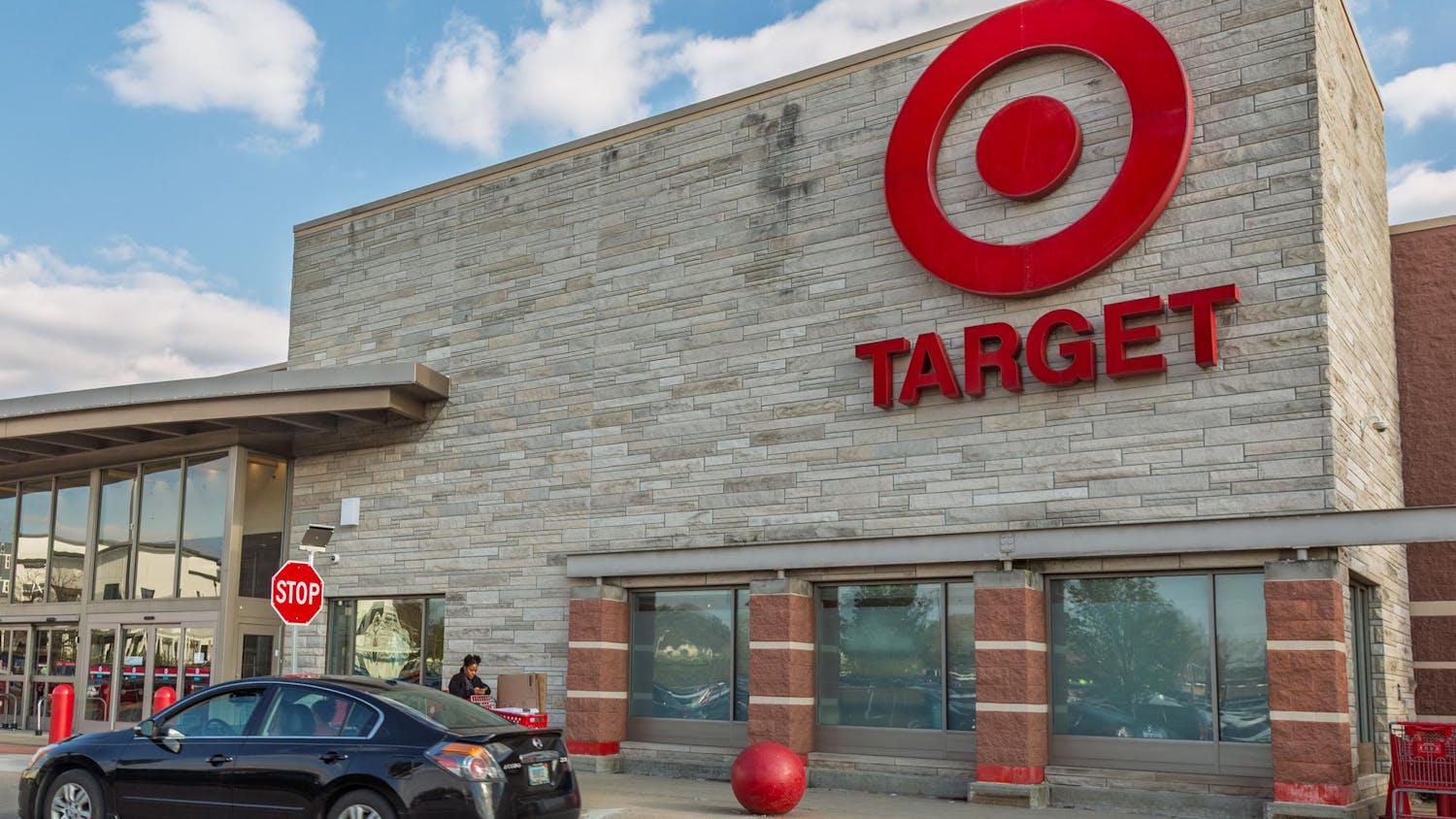JERUSALEM -- Causing an uproar, an Israeli Cabinet minister and Holocaust survivor said Sunday that Israel's offensive in a Gaza refugee camp -- including TV images of displaced Palestinians searching the rubble for their meager belongings -- brought back memories of his family's suffering.\nThe comments by Justice Minister Yosef Lapid reflected a growing debate in Israel over the justification for a campaign that has left 41 Palestinians dead, turned dozens of homes to dust, drawn international condemnation and yielded just one arms-smuggling tunnel.\nThe army says the six-day-old offensive -- the biggest in Gaza in years -- is crucial for stopping weapons smuggling between Egypt and Gaza's Rafah refugee camp. With all other access to Gaza sealed, tunnels are the only way to bring in weapons, including rockets the army says could hit Israeli towns.\nSome critics said the offensive makes little sense from a military standpoint, however. Others questioned why Prime Minister Ariel Sharon approved it even though he is pushing for an Israeli withdrawal from Gaza.\nThe outrage has focused on home demolitions in Rafah, most along an Israeli military buffer zone between Egypt and the camp. Since the outbreak of fighting in 2000, more than 11,000 Palestinians have been displaced by house demolitions along the road, part of the military's attempt to widen it.\nThe army now says it wants to widen the road even further, to 300 yards along the six-mile route to make it harder to dig tunnels.\nNinety tunnels have been found and destroyed since the violence began more than three years ago, according to the Israeli military, though only one has been discovered during the offensive that began Tuesday.\nMilitary sources confirmed Sunday that the plan would require the demolition of some 700 to 2,000 Palestinian homes. Israel's attorney general has vetoed the idea, saying it would not hold up in local or international courts, and told the army to come up with a less destructive plan.\nThe military says troops are only demolishing houses used as cover by gunmen or smugglers.\nEven so, in the past 10 days, dozens more homes have been razed or damaged, leaving 1,650 Palestinians without a roof over their heads, according to U.N. estimates.\nDuring a Cabinet discussion Sunday, Lapid, leader of the centrist Shinui Party, called for a halt in the demolitions, saying the practice was cruel and hurting Israel's image around the world.\nThe 71-year-old justice minister said TV images from Rafah reminded him of the suffering of his own family.\n"I am talking about an old woman on all fours looking for her medicine in the rubble of her home and I thought about my grandmother," he told Israeli Army Radio.\nLapid, a native of the former Yugoslavia, spent part of World War II in the Budapest ghetto and lost many relatives, including one grandmother and his father, in the Holocaust. He immigrated to Israel in 1948 when he was 17.\nLapid insisted he was not likening army actions to Nazi policies. "If I wanted to say Holocaust, I would have said Holocaust," Lapid told the radio. "I said it reminded me of my grandmother."\nBut infuriated Cabinet colleagues said that the analogy was clear.\n"The comparison, maybe hinted or even unintentional, between the systematic murder of the Jews by the Germans and the army's operations in Gaza ... is not a legitimate analogy," Health Minister Dan Naveh told Army Radio.\nMany Israelis have relatives who perished in the Nazi genocide, and using the issue in political debate, however heated, is considered taboo.\nLapid's criticism went well beyond the television images. The army's plan to widen the patrol road -- even at the cost of demolishing some 2,000 more homes -- "makes me sick," Lapid said, adding that the international community will never let Israel carry out such an operation. "We look like monsters in the eyes of the world," he said.\nLapid, perhaps Sharon's most important coalition partner, said he would not quit the government over the dispute.\nA growing chorus of commentators have raised other questions in recent days, saying the objectives of the mission are unclear.\n"What is more disturbing to a lot of people is not the dissent, but confusion over what the point of the whole thing is," said Mark Heller of the Jaffee Center for Strategic Studies at Tel Aviv University. "The government has not done a good job of explaining."\nSome analysts said a key motive was revenge; 13 soldiers have been killed in recent fighting in Gaza. "The desire to take revenge, to settle a score with the adversary ... became the excuse for a broad military operation," wrote Alex Fishman in Friday's Yediot Ahronot daily.\nOthers said Israel is trying to send a tough message of deterrence to the Palestinians ahead of an Israeli withdrawal.\nSharon also may want to look tough for hard-liners inside his own Cabinet as he pushes forward with his withdrawal plan.\n"He does not want to look as if we are giving up something for nothing," analyst Yossi Alpher said.\nSharon's Likud Party rejected his Gaza pullout plan in a referendum earlier this month. He has pledged to offer an alternative plan to the Cabinet, where he faces significant hard-line opposition, next Sunday.\nOfficials said Sharon may try to bring the moderate Labor Party into his government to counter the hard-line opposition.\nIn the Rafah camp on Sunday, residents of a besieged neighborhood demanded that they be allowed to bury those killed last week. The bodies of 17 people have been kept in a makeshift morgue in a nearby town. Islam requires that bodies be buried as soon as possible, even on the day of death.\nIsrael denied residents are being prevented from burying their relatives. The army said it offered buses to bring the relatives to the morgue or the bodies back to the camp.
Israeli official's comments draw harsh rebukes
Israel demolishes Palestinian houses next to Gaza-Egypt border
Get stories like this in your inbox
Subscribe



